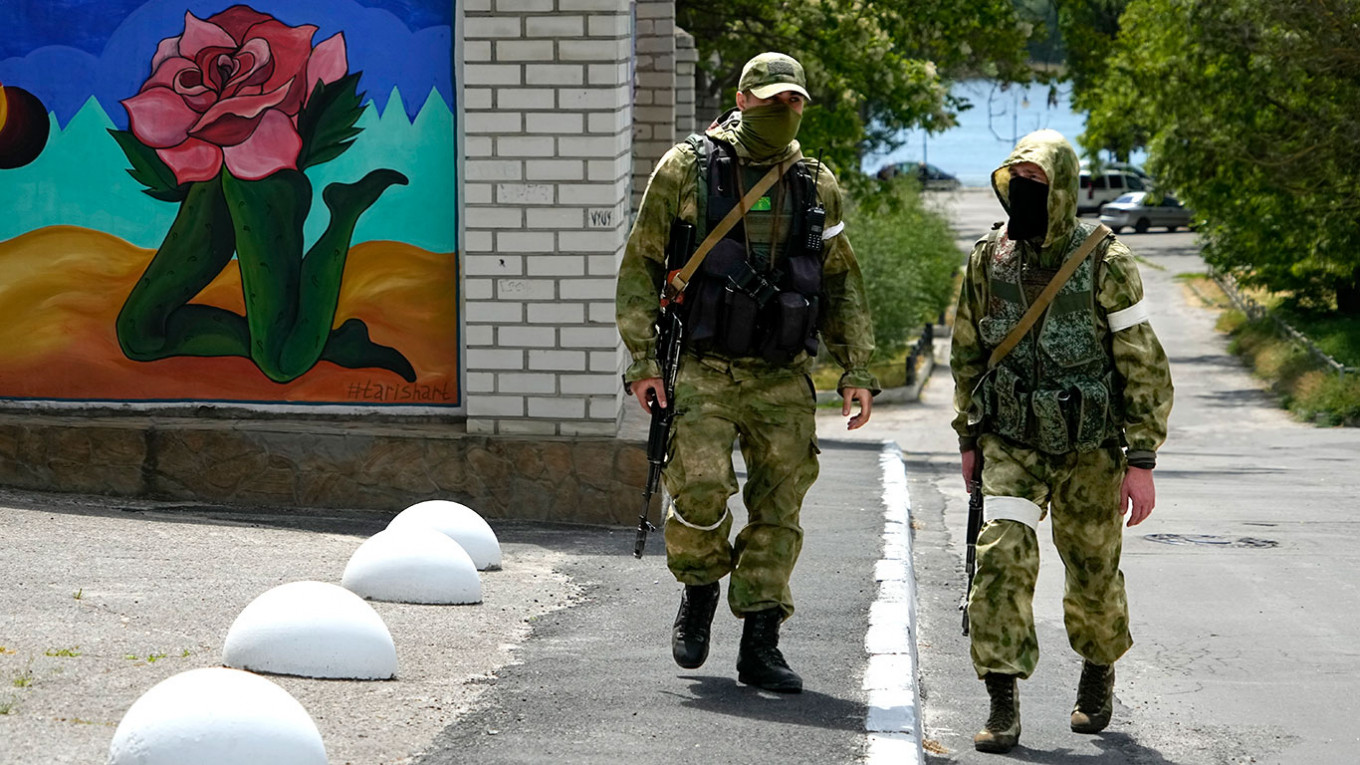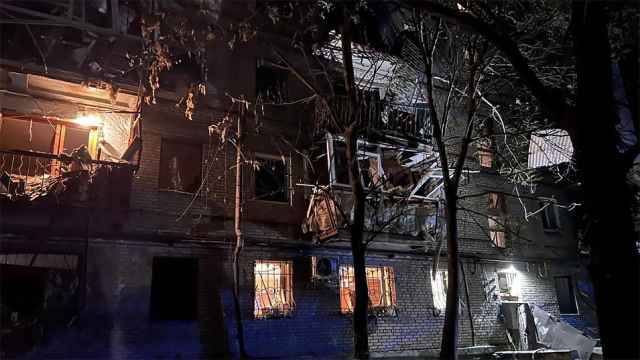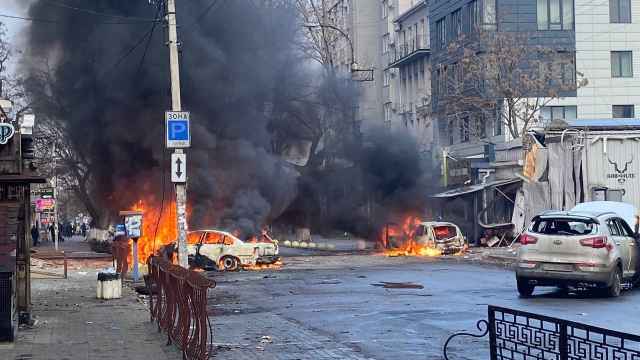Ukrainian cell service has been cut off in the country’s southern Kherson region, Russian state media reported Tuesday, as Moscow continues to cement its presence in occupied territories.
Russian SIM cards were apparently unaffected by the latest outage Monday, which Ukrainian and Russian-installed officials in Kherson both blamed on each other.
“The connection works, but only the Russian connection now,” an unnamed Moscow-appointed official in the area told Russia’s state-run news agency TASS.
The outage comes days after Kherson and the occupied area of neighboring Zaporizhzhia switched from Ukraine’s +380 to Russia’s +7 telephone area code Friday.
Russian state television in annexed Crimea, which shares a land border with Kherson, reported Tuesday that lines stretching “kilometers” had formed outside cellphone stores in the occupied city, as locals gathered to buy Russian SIM cards.
Moscow-appointed official Kirill Stremousov said earlier that three Russian mobile operators would soon appear in Kherson, the latest sign of the occupied region’s “Russification.”
Russian forces captured Kherson soon after invading Ukraine in late February, installing pro-Moscow “military-civilian administrations” and introducing Russian currency, media and internet services.
Several Russian and pro-Moscow local officials have signaled in recent weeks that occupied territories in southern and eastern Ukraine will be annexed by Russia.
One-fifth of Ukrainian territory — including annexed Crimea, Donbas, and parts of the Kharkiv, Kherson and Zaporizhzhia regions captured during the 2022 invasion — is currently under Russian occupation, according to Forbes Ukraine.
A Message from The Moscow Times:
Dear readers,
We are facing unprecedented challenges. Russia's Prosecutor General's Office has designated The Moscow Times as an "undesirable" organization, criminalizing our work and putting our staff at risk of prosecution. This follows our earlier unjust labeling as a "foreign agent."
These actions are direct attempts to silence independent journalism in Russia. The authorities claim our work "discredits the decisions of the Russian leadership." We see things differently: we strive to provide accurate, unbiased reporting on Russia.
We, the journalists of The Moscow Times, refuse to be silenced. But to continue our work, we need your help.
Your support, no matter how small, makes a world of difference. If you can, please support us monthly starting from just $2. It's quick to set up, and every contribution makes a significant impact.
By supporting The Moscow Times, you're defending open, independent journalism in the face of repression. Thank you for standing with us.
Remind me later.






